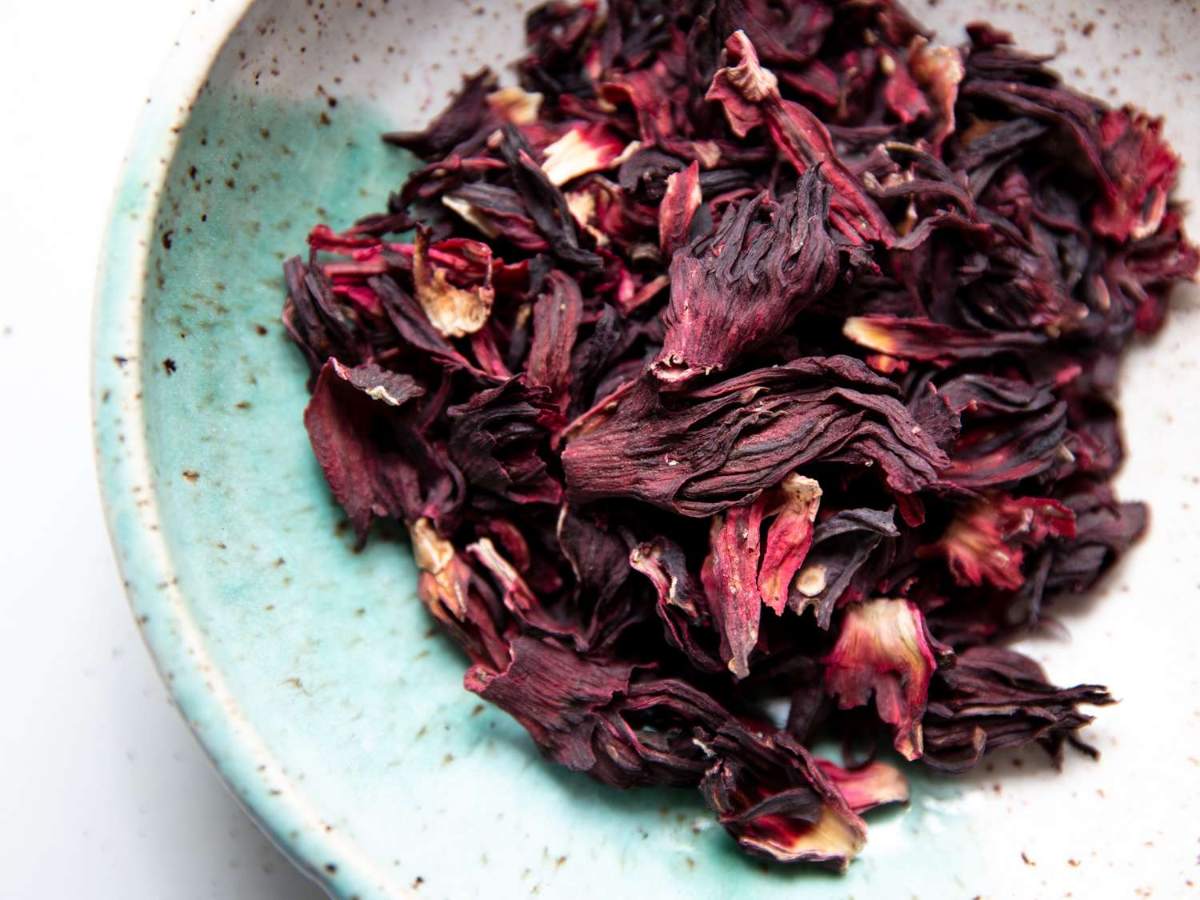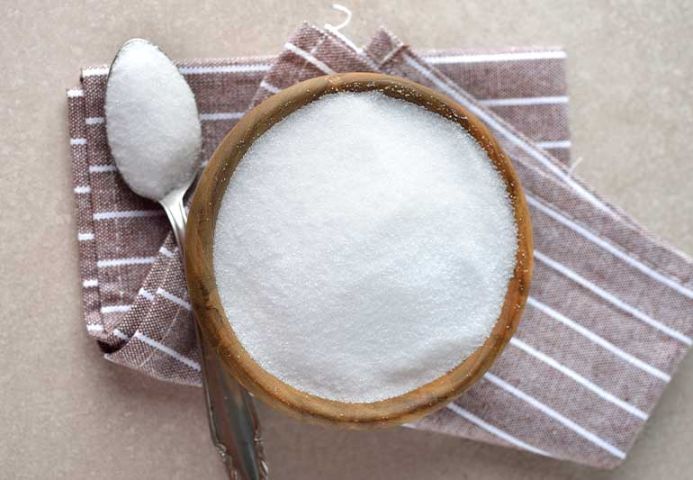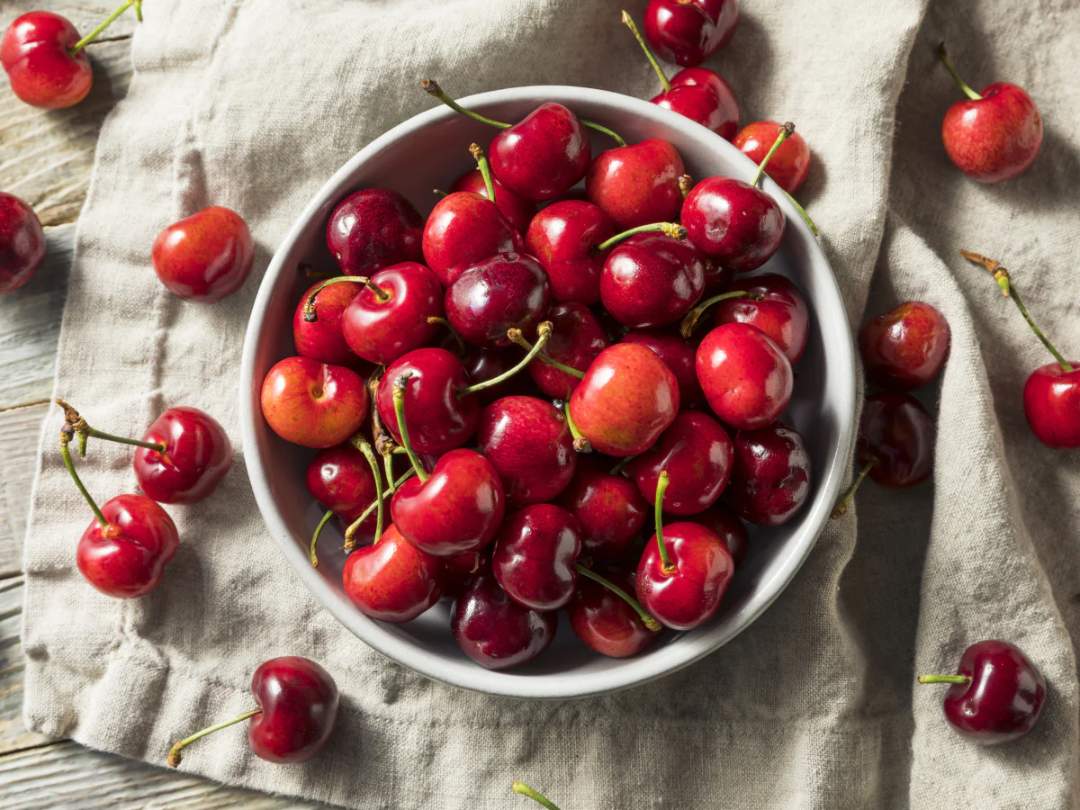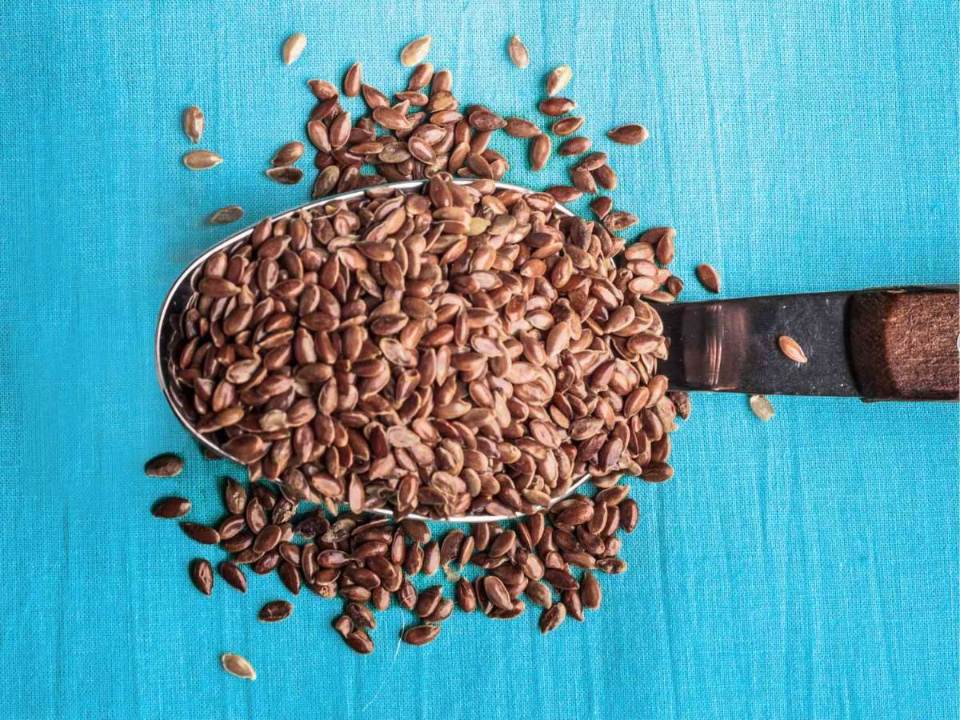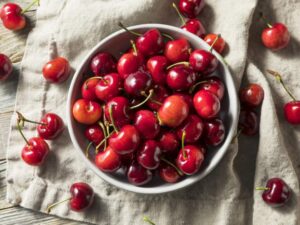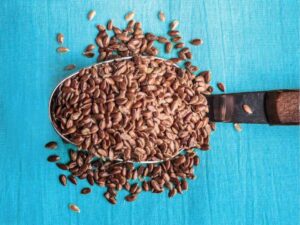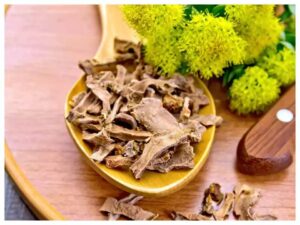The Mysterious Discovery of Hibiscus
Uncovering the Origins of a Beautiful Flower
Hibiscus is a plant that has been known and appreciated for centuries for its stunning beauty and many medicinal properties. The plant is native to warm regions, and it is believed that the hibiscus flower was first discovered in ancient Egypt. However, the true origins of this plant are shrouded in mystery, and historians and botanists have long been fascinated by its history.
Tracing the History of Hibiscus
The history of hibiscus is complex and difficult to unravel. One of the earliest references to the plant comes from ancient Egyptian hieroglyphics, which depict the flower being used for medicinal purposes. It is also believed that the ancient Greeks and Romans were aware of the plant, and that it was cultivated in parts of Asia and Africa as early as the 12th century.
However, the exact origins of hibiscus are unclear. Some historians believe that the plant was first discovered in China, while others suggest that it may have been native to India. There is also evidence to suggest that the plant may have been introduced to the Americas by Spanish and Portuguese explorers in the 16th century.
The Mystery Deepens
Despite years of research and investigation, the true origins of hibiscus remain a mystery. There are a number of theories about how the plant came to be, but no one is entirely sure which one is correct.
One theory suggests that hibiscus may have evolved naturally in tropical regions, where it thrived in the warm, humid climate. Another theory suggests that the plant may have been brought to different parts of the world by traders and explorers, who recognized its beauty and medicinal properties.
Uncovering the Mysteries of Hibiscus
Despite the many unanswered questions about hibiscus, there is no denying that it is a remarkable plant. In addition to its stunning beauty, hibiscus has been used for centuries to treat a variety of health problems, including high blood pressure, digestive issues, and skin disorders.
Today, hibiscus is grown all over the world, and it is a popular ingredient in teas, herbal supplements, and beauty products. Whether you are interested in the history of this remarkable plant, or simply appreciate its beauty and health benefits, there is no denying that hibiscus is one of the most fascinating plants in the world.
The Enduring Appeal of Hibiscus
Despite its mysterious origins, hibiscus continues to captivate people around the world. From its use in ancient Egypt to its popularity in modern herbal medicine, this remarkable plant has a long and fascinating history. Whether you are a historian, a botanist, or simply someone who appreciates the beauty of nature, there is no denying the enduring appeal of hibiscus.
The Global Reach of Hibiscus
Today, hibiscus is grown and enjoyed around the world. It is a staple of many cultures and cuisines, and it is used in a wide variety of products, from teas and supplements to skincare and haircare.
In West Africa, for example, hibiscus is known as “bissap” or “sobolo” and is used to make a refreshing drink that is enjoyed throughout the region. In Mexico and Central America, hibiscus is used to make “agua de jamaica,” a tart and refreshing drink that is popular during hot weather. In parts of Asia, hibiscus is used in traditional medicine to treat a variety of health conditions.
The Beauty and Diversity of Hibiscus
One of the most striking things about hibiscus is its incredible beauty and diversity. The plant comes in a wide variety of colors and shapes, from the classic red hibiscus with its large, showy flowers, to the delicate pink and white blooms of the Chinese hibiscus.
In addition to its beauty, hibiscus is also incredibly versatile. The plant can be grown as a shrub, a tree, or even a hedge, making it a popular choice for landscaping and gardening. It can also be used in a wide variety of recipes and products, from teas and cocktails to hair masks and lotions.
The Future of Hibiscus
As we continue to explore the many uses and benefits of hibiscus, it is clear that this remarkable plant has a bright future ahead. With its stunning beauty, incredible versatility, and numerous health benefits, hibiscus is sure to remain a beloved plant for generations to come.
Whether you are a botanist, a gardener, or simply someone who appreciates the beauty of nature, there is no denying the enduring appeal of hibiscus. So the next time you come across this remarkable plant, take a moment to appreciate its beauty and reflect on its fascinating history.
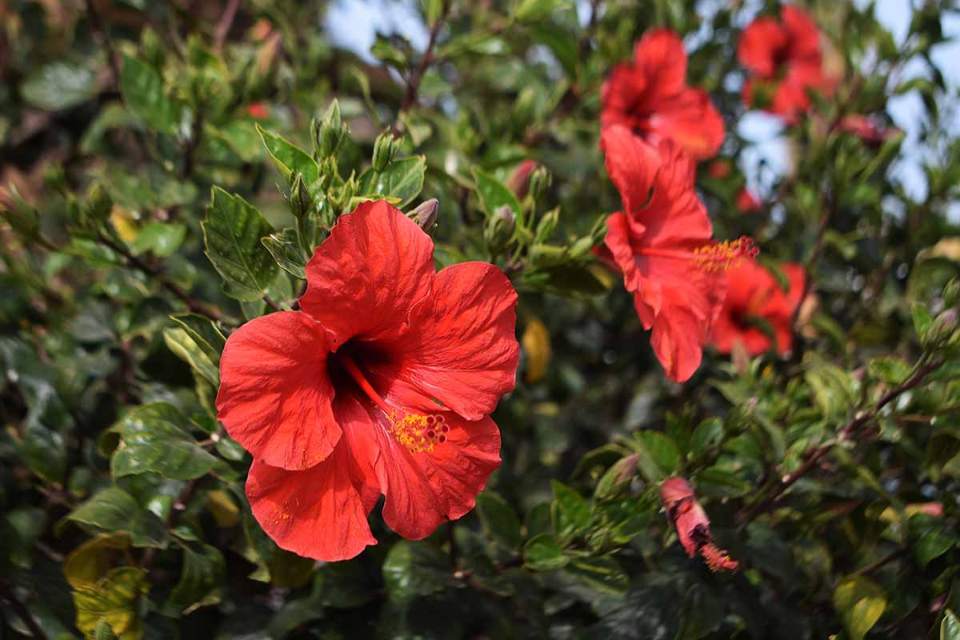
The Health Benefits of Hibiscus: A Comprehensive Guide
Introduction
Hibiscus is a beautiful flowering plant that is native to warm regions around the world. In addition to its stunning beauty, hibiscus has a long history of use in traditional medicine, where it has been used to treat a wide variety of health conditions.
In recent years, modern research has confirmed many of the health benefits of hibiscus, making it an increasingly popular ingredient in teas, supplements, and other health products. In this comprehensive guide, we will explore the many health benefits of hibiscus and how you can incorporate it into your diet and lifestyle.
Anti-Inflammatory Properties
One of the most significant health benefits of hibiscus is its powerful anti-inflammatory properties. Inflammation is a natural response of the body’s immune system to injury or infection. However, chronic inflammation can lead to a wide variety of health problems, including heart disease, diabetes, and cancer.
Studies have shown that hibiscus contains powerful antioxidants that can help reduce inflammation throughout the body. These antioxidants work by neutralizing harmful free radicals that can cause cellular damage and trigger inflammation.
Lowering Blood Pressure
Another well-known benefit of hibiscus is its ability to lower blood pressure. High blood pressure, or hypertension, is a significant risk factor for heart disease and stroke, and it affects millions of people around the world.
Studies have shown that drinking hibiscus tea can help lower blood pressure in people with mild to moderate hypertension. This is because hibiscus contains compounds that act as natural diuretics, helping to reduce the amount of water in the bloodstream and thereby lowering blood pressure.
Lowering Cholesterol Levels
In addition to its ability to lower blood pressure, hibiscus has also been shown to be effective in lowering cholesterol levels. High cholesterol is another significant risk factor for heart disease, and it is estimated that more than 100 million Americans have high cholesterol levels.
Studies have shown that hibiscus can help lower LDL or “bad” cholesterol levels in the body, while also raising HDL or “good” cholesterol levels. This is because hibiscus contains compounds that inhibit the production of enzymes that are responsible for cholesterol synthesis.
Anti-Cancer Properties
In recent years, researchers have also begun exploring the potential anti-cancer properties of hibiscus. While much of this research is still in the early stages, some studies have shown that hibiscus extract may be effective in inhibiting the growth of certain types of cancer cells.
This is because hibiscus contains compounds that have been shown to have anti-tumor and anti-inflammatory properties. Additionally, some studies have found that hibiscus extract may be effective in reducing the growth of breast cancer cells.
Boosting Liver Health
The liver is one of the most important organs in the body, responsible for detoxifying the blood and processing nutrients from food. However, a variety of factors, including poor diet and excessive alcohol consumption, can cause liver damage and impair its function.
Studies have shown that hibiscus may be effective in protecting the liver from damage and improving its overall function. This is because hibiscus contains compounds that have been shown to have powerful antioxidant and anti-inflammatory properties, both of which can help protect the liver from damage.
Improving Digestive Health
In addition to its many other health benefits, hibiscus has also been shown to be effective in improving digestive health. This is because hibiscus contains compounds that have been shown to have natural laxative properties, helping to promote regular bowel movements and prevent constipation.
Additionally, hibiscus may be effective in reducing inflammation in the digestive tract, which can help alleviate a variety of digestive problems, including irritable bowel syndrome (IBS) and inflammatory bowel disease (IBD).
Boosting Immune Function
The immune system is responsible for protecting the body from harmful pathogens, such as viruses and bacteria. However, a variety of factors, including poor diet and stress, can weaken the immune system and make it more susceptible to infections.
Studies have shown that hibiscus may be effective in boosting immune function and reducing the risk of infections. This is because hibiscus contains compounds that have been shown to have powerful antioxidant and anti-inflammatory properties, both of which can help strengthen the immune system.
Managing Menstrual Pain
For many women, menstrual pain and cramps can be a significant source of discomfort and distress. Fortunately, hibiscus has been shown to be effective in reducing menstrual pain and cramps.
This is because hibiscus contains compounds that have natural analgesic properties, helping to reduce pain and inflammation in the body. Additionally, hibiscus may be effective in reducing the severity and duration of menstrual bleeding.
Improving Skin Health
In addition to its many internal health benefits, hibiscus has also been shown to be effective in improving skin health. This is because hibiscus contains compounds that have natural anti-inflammatory and anti-bacterial properties, both of which can help reduce acne and other skin problems.
Additionally, hibiscus may be effective in reducing the appearance of fine lines and wrinkles, as well as improving skin elasticity and hydration.
Conclusion
As you can see, hibiscus is a remarkable plant with a wide range of health benefits. From reducing inflammation and lowering blood pressure to boosting immune function and improving skin health, hibiscus has something to offer for everyone.
Whether you prefer to enjoy hibiscus as a tea, supplement, or in a delicious recipe, there are many ways to incorporate this remarkable plant into your diet and lifestyle. So why not try hibiscus today and experience its many health benefits for yourself?
Nutritional Components and Core Ingredients of Hibiscus
Nutritional Components of Hibiscus
Hibiscus tea is a rich source of essential vitamins and minerals, including vitamin C, vitamin B1, vitamin B2, and niacin. These vitamins play an important role in maintaining overall health and wellness, as they help to boost the immune system, support healthy skin and hair, and improve energy levels.
In addition to vitamins, hibiscus tea is also a good source of minerals such as calcium, iron, and magnesium. Calcium is essential for strong bones and teeth, while iron helps to support healthy blood and oxygen flow throughout the body. Magnesium is involved in various important processes, including the regulation of muscle and nerve function, and the maintenance of a healthy heart.
Antioxidant Properties of Hibiscus
Hibiscus tea is also known for its high antioxidant content, which is due in part to the presence of compounds such as anthocyanins, polyphenols, and flavonoids. Antioxidants are important for protecting the body against the harmful effects of free radicals, which are unstable molecules that can cause damage to cells and contribute to the development of various chronic diseases.
Studies have shown that hibiscus tea is particularly rich in anthocyanins, a type of flavonoid that has been shown to have potent antioxidant properties. These compounds are believed to play a role in protecting the body against oxidative stress, a key factor in the development of chronic diseases such as heart disease, cancer, and diabetes.
Core Ingredients of Hibiscus
In addition to its high vitamin and mineral content, hibiscus tea is also rich in a variety of other important compounds, including:
Alkaloids
Alkaloids are a class of compounds known for their bitter taste and medicinal properties. They are found in many plants, including hibiscus, and are believed to play a role in regulating various physiological processes in the body.
Tannins
Tannins are a type of polyphenol commonly found in plants, including hibiscus. They are known for their astringent taste and are believed to have various health benefits, including the ability to soothe digestive discomfort and support healthy skin.
Organic acids
Organic acids, such as citric acid and malic acid, are found in hibiscus tea and are believed to contribute to its tart, fruity flavor. These acids are also important for overall health, as they help regulate pH levels in the body and support healthy digestion.
Flavonoids
Flavonoids are a class of compounds found in many plants, including hibiscus, and are known for their powerful antioxidant properties. In addition to their antioxidant benefits, flavonoids are also believed to play a role in regulating various physiological processes in the body, such as blood flow, inflammation, and the immune response.
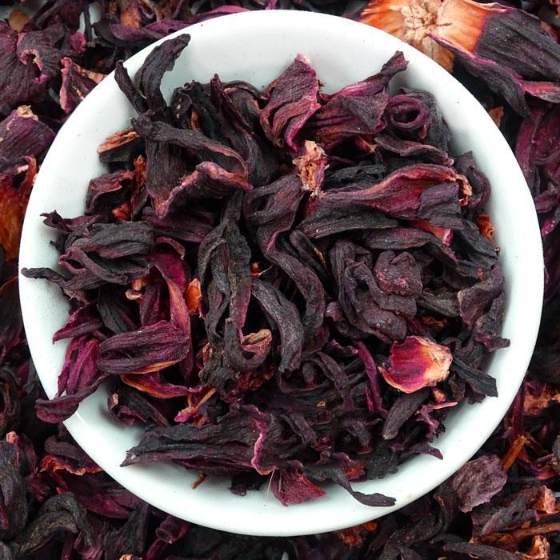
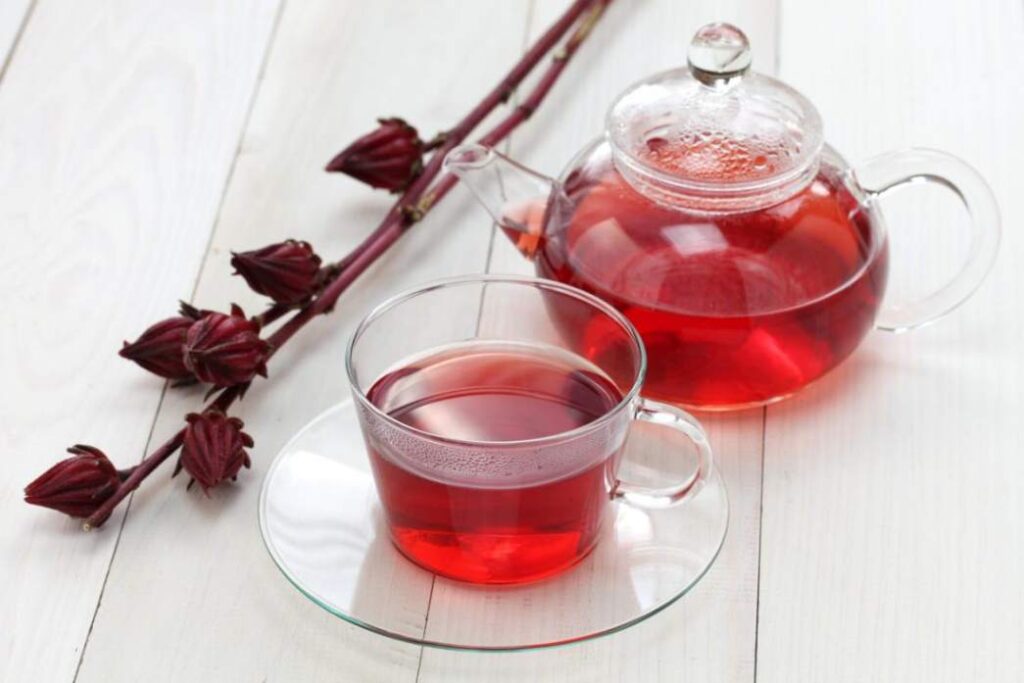
Methods for Consuming Hibiscus
Hibiscus, a beautiful and vibrant flower, has been utilized for its medicinal and ornamental properties for centuries. The petals of the hibiscus flower are commonly used to make tea, which is known for its tart, fruity flavor and vibrant red color. In addition to tea, there are a variety of other methods for consuming hibiscus, each with its own unique benefits and flavor profiles. In this article, we will explore some of the most popular methods for consuming hibiscus and the benefits of each.
Hibiscus Tea
Hibiscus tea is one of the most popular methods for consuming hibiscus. It is made by steeping dried hibiscus petals in hot water, producing a tart and fruity beverage. Hibiscus tea can be enjoyed hot or cold and is often sweetened with sugar or honey.
Benefits of Hibiscus Tea
Hibiscus tea is known for its numerous health benefits, including its high vitamin and mineral content, its high antioxidant content, and its anti-inflammatory properties. Drinking hibiscus tea regularly has been shown to support a healthy heart, boost the immune system, promote healthy digestion, support healthy skin, and reduce inflammation throughout the body.
Hibiscus Syrup
Hibiscus syrup is a sweet, concentrated syrup made from hibiscus petals, sugar, and water. It can be used as a sweetener in a variety of beverages, including tea, lemonade, and cocktails. Hibiscus syrup is also a popular ingredient in various culinary dishes, including baked goods, sauces, and jams.
Benefits of Hibiscus Syrup
In addition to its delicious flavor, hibiscus syrup provides many of the same health benefits as hibiscus tea, including its high vitamin and mineral content, its high antioxidant content, and its anti-inflammatory properties. Drinking hibiscus syrup regularly has been shown to support a healthy heart, boost the immune system, promote healthy digestion, support healthy skin, and reduce inflammation throughout the body.
Hibiscus Powder
Hibiscus powder is made from dried and ground hibiscus petals and can be used as a flavoring or coloring in various dishes, including soups, stews, sauces, and baked goods. Hibiscus powder can also be used to make hibiscus tea by simply adding hot water.
Benefits of Hibiscus Powder
In addition to its versatile flavor and color, hibiscus powder provides many of the same health benefits as hibiscus tea and hibiscus syrup, including its high vitamin and mineral content, its high antioxidant content, and its anti-inflammatory properties. Consuming hibiscus powder regularly has been shown to support a healthy heart, boost the immune system, promote healthy digestion, support healthy skin, and reduce inflammation throughout the body.
Hibiscus Extract
Hibiscus extract is a concentrated form of hibiscus that is made by boiling hibiscus petals in water and then straining out the solids. The resulting extract is a highly concentrated form of hibiscus that can be used in a variety of applications, including supplements, skin care products, and culinary dishes.
Benefits of Hibiscus Extract
In addition to its concentrated form, hibiscus extract provides many of the same health benefits as hibiscus tea, hibiscus syrup, and hibiscus powder, including its high vitamin and mineral content, its high antioxidant content, and its anti-inflammatory properties. Consuming hibiscus extract in the form of supplements or using it in skin care products has been shown to support a healthy heart, boost the immune system, promote healthy digestion, support healthy skin, and reduce inflammation throughout the body.
Hibiscus Cocktails
Hibiscus is also a popular ingredient in various cocktails, including margaritas, mojitos, and other fruity drinks. Hibiscus syrup or dried hibiscus petals can be used to add a tart, fruity flavor and vibrant color to cocktails.
Benefits of Hibiscus Cocktails
In addition to their delicious flavor and vibrant color, hibiscus cocktails can provide many of the same health benefits as other forms of hibiscus, including its high vitamin and mineral content, its high antioxidant content, and its anti-inflammatory properties. Enjoying hibiscus cocktails in moderation can be a fun and delicious way to support overall health and wellness.
In conclusion, there are many ways to consume hibiscus, each with its own unique benefits and flavor profiles. Whether you prefer hibiscus tea, syrup, powder, extract, or cocktails, incorporating hibiscus into your diet can provide a range of health benefits and contribute to overall health and wellness. So why not try incorporating hibiscus into your diet today and experience the many benefits of this vibrant and delicious flower for yourself?
Potential Side Effects and When to Avoid Taking Hibiscus
Hibiscus is a nutritious plant that has been used for both its ornamental and medicinal properties for centuries. While it is generally considered safe and well-tolerated, consuming hibiscus can have potential side effects, and it may not be suitable for everyone. In this article, we will explore some of the potential side effects of taking hibiscus, as well as when it is best to avoid taking this plant.
Potential Side Effects of Taking Hibiscus
Although hibiscus is generally considered safe, consuming it in large quantities or taking hibiscus supplements can have potential side effects, including:
Interactions with Medications
Hibiscus may interact with certain medications, including blood pressure medications, diuretics, and medications used to regulate blood sugar levels. If you are taking any of these medications, it is important to speak with your doctor before taking hibiscus to avoid any potential interactions.
Stomach Discomfort
Consuming large amounts of hibiscus tea or supplements can cause stomach discomfort, including bloating, gas, and diarrhea. If you experience stomach discomfort after taking hibiscus, it is best to reduce your intake or avoid taking hibiscus altogether.
Allergic Reactions
In rare cases, taking hibiscus may cause an allergic reaction, including skin rashes, hives, and difficulty breathing. If you experience any symptoms of an allergic reaction after taking hibiscus, it is important to seek medical attention immediately.
Pregnancy and Breastfeeding
There is limited research on the safety of taking hibiscus during pregnancy and breastfeeding. As a result, it is best to avoid taking hibiscus during these times, or to speak with your doctor before taking hibiscus to ensure its safety.
When to Avoid Taking Hibiscus
In addition to the potential side effects listed above, there are certain situations when it is best to avoid taking hibiscus, including:
If You Have a Medical Condition
If you have a medical condition, such as high blood pressure, liver disease, or a heart condition, it is best to speak with your doctor before taking hibiscus to ensure its safety.
If You Are Taking Medications
If you are taking medications, including blood pressure medications, diuretics, or medications used to regulate blood sugar levels, it is important to speak with your doctor before taking hibiscus to avoid any potential interactions.
If You Are Pregnant or Breastfeeding
As there is limited research on the safety of taking hibiscus during pregnancy and breastfeeding, it is best to avoid taking hibiscus during these times, or to speak with your doctor before taking hibiscus to ensure its safety.
